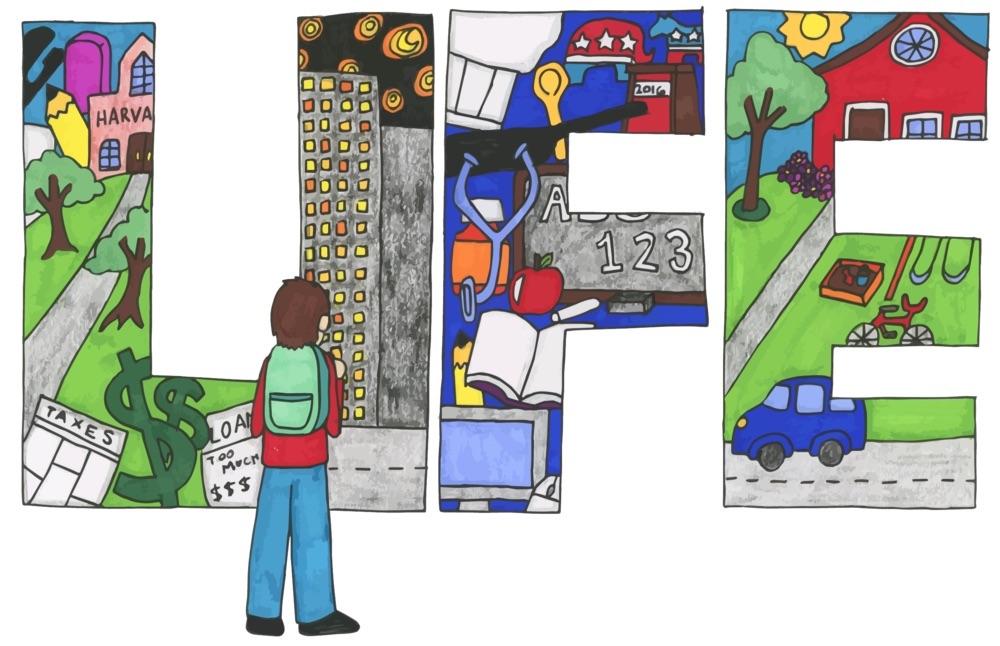When the federal government shut down Tuesday due to an intense disagreement over the budget, it was not the first time. In fact, it was the 18th government shutdown in U.S. history.
The news of Congress’ inability to compromise hit headlines nationwide, and, perhaps for the first time since election season, many people started to suddenly pay attention to politics. Not only did the government’s inaction spur public interest, but it also spurred many citizens to voice their opinions.
Herein lies the problem. While the nation’s attention has been at least partially arrested by the goings-on of our lawmakers, discussion has proliferated, while actual research has declined. To put it in other words, more people began talking about the problem, but few people took the time to look at the cause of the shutdown.
We have seen the government shutdown used as an excuse to continue the same polarized squabbling that got us into this mess. As long as members of Congress refuse to participate in discussions across party lines, we will never adequately deal with the myriad of problems in our country. It is time we, as a nation, focused less on form and more on function.
This editorial board advises students to read news from various sources in order to gain multiple perspectives on the issue. Democracy cannot survive without educated and engaged citizens. We should all take this shutdown as an opportunity to learn more about how U.S. politics work.
After taking the time to formulate an informed opinion, this editorial board urges students to take the time to write or call their legislators with input. We make up an important part of the constituency that votes the members of Congress into office. As a result, communication with our representatives has the potential to encourage Congress to take appropriate action.
If we want to see meaningful change in our country, we cannot sit back and wait for Congress to come together. Rather, we have to take responsibility to fully educate ourselves on the pervasive issues and take necessary actions to implement lasting change.
Editorials in the “In the Loop” section reflect the majority opinion of the Editorial Board, comprised of five editors.








 Spokane?
Spokane?